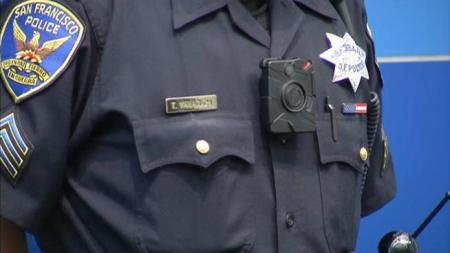(Sacramento, CA) – Effective July 1, 2019, California law enforcement must release body camera footage within 45 days of a critical incident, as required under AB 748 by Assemblymember Phil Ting (D-San Francisco), signed into law by Governor Brown last year. The new mandate aims to increase police transparency by making the recordings available to the public.
“Public access to body camera footage is necessary to boost confidence and rebuild trust between law enforcement and the communities they serve,” said Ting. “This law sets clear expectations for agencies - they can no longer withhold body camera video or audio from us.”

Prior to the passage of AB 748, California had no consistent policy regarding the release of body camera recordings. In April of 2018, the Los Angeles Police Commission adopted a policy similar to the new state law. But other departments commonly cite “pending investigation” as a reason to deny requests for footage under the Public Records Act. Such secrecy fosters mistrust after a critical incident, which AB 748 defined as the discharge of a firearm or use-of-force that causes death or great bodily harm.
Footage from body-worn cameras can help shed light and provide clarity when there is confusion in the community after tragic events. The footage can even help clear law enforcement of any perceived wrongdoing. If releasing body camera recordings interferes with an investigation, AB 748 also allows for subsequent 30-day extensions.
“AB 748 is a groundbreaking measure that will establish a statewide standard to ensure law enforcement agencies promptly release police recordings,” said Kevin Baker, Legislative Director for the ACLU of California. “Police recordings can be a valuable tool for civilian oversight at a time of great concern with police violence. Increasing transparency in this area of policing is critical to protect public safety and repair police-community relations.”
As a follow up to AB 748, Ting is working on legislation, AB 1215, this year that would prohibit law enforcement from using facial recognition software in body cameras. Such technology defeats the purpose of body cameras, which are typically adopted to bolster community relations and trust. The addition of facial recognition software would essentially amount to 24-hour surveillance without consent. In addition, face scanning technology routinely misidentifies people, particularly women, youth and people of color. AB 1215 is currently eligible for a Senate Floor vote that could send the proposed ban to the Governor by the September 13th bill deadline.
# # # #